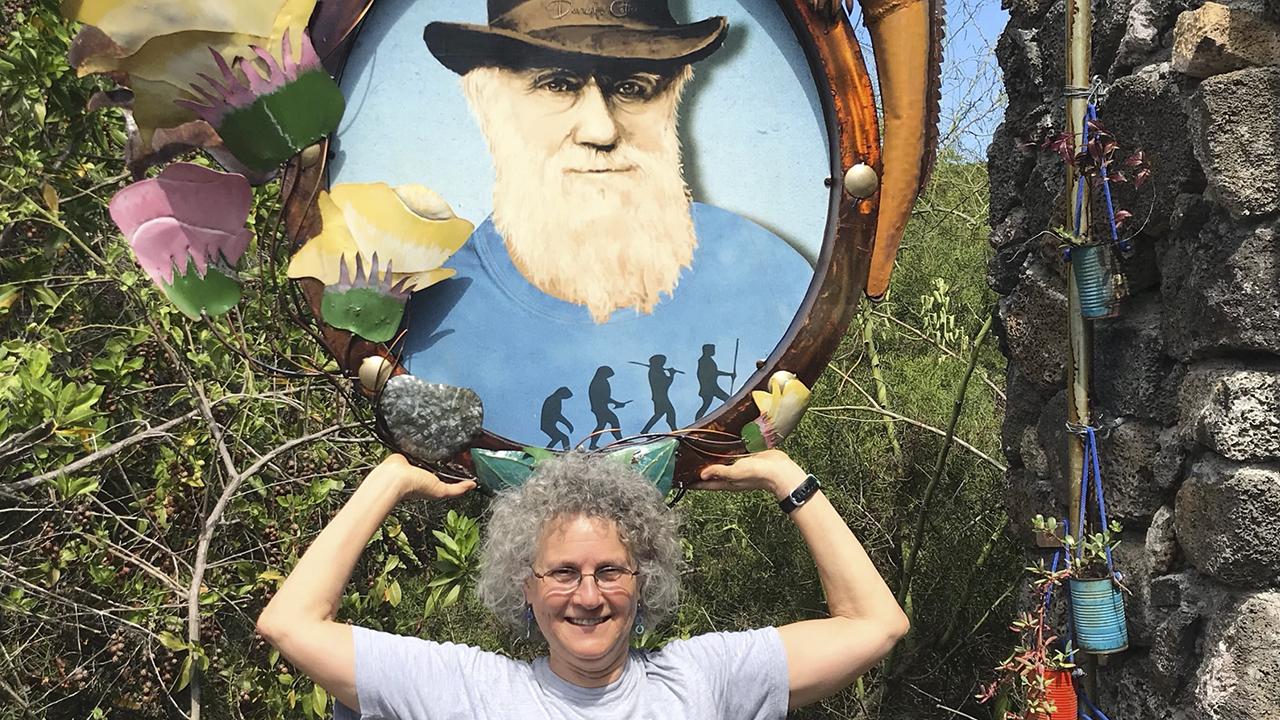
Do Relatives Make Good Neighbors?
Scientific topic to be discussed at spring Emeriti Lecture
“Do relatives make good neighbors?” UC Davis Distinguished Professor Emerita Sharon Strauss will answer this question and provide additional thoughts on species diversity in natural communities at the spring Emeriti Lecture in person and online on Monday, April 17, at 3pm.
“Awed by biodiversity,” Strauss, a Distinguished Professor of evolution and ecology, presented this topic at a 2019 colloquium at the Institute for Advanced Study at Wissenschaftskolleg zu Berlin. In promotion of the event, Strauss wrote that the characteristics of species and how they interact with one another are shaped by both historical factors of past evolution as well as by contemporary interactions among species.
“There is a tension created by recent shared evolutionary history: shared ancestry should make species more similar and thus, these species should prefer the same habitats, food, etc. Yet, such shared preferences between species might also create conflict in the use of resources or habitat.”
In the write-up promoting the colloquium, Strauss stated that she’d dissect “underlying mechanisms for a fundamental hypothesis that Darwin put forth on how the evolutionary relationship between species should affect the likelihood of their coexistence in local communities.” She wrote she uses “both experimental and observational approaches to explore this hypothesis. I then develop some novel mechanisms to explain the incidence of coexistence in closely related species.”
In 2020, UC Davis announced Strauss won the American Society of Naturalists’ Sewall Wright Award, which honors a senior and active investigator “promoting the conceptual unification of the biological sciences.”
According to the American Society of Naturalists, Strauss is “known for the breadth of her research and writings in ecology and evolutionary biology, with a focus on plants.” After she began this work on plant interactions with herbivores, she expanded to include interactions with mutualists (pollinators, microbes) and antagonists (herbivores, parasites).
She argued early on those multi-species interactions, and indirect interactions, in particular, are important in shaping the dynamics, distribution, and evolution of plant populations.
In 2022, Strauss was elected to the National Academy of Sciences for her contributions to the field of evolutionary ecology. The organization is the oldest scientific academy in the U.S., and membership is considered among the highest national honors for scientists.
Distinguished Professor Walter Leal started the New Emeriti Distinguished Lectures to quarterly celebrate the accomplishments of the faculty who retired in 2021-22. The first in the series featured Professor Harris Lewin on Dec. 7, 2022. The winter quarter featured Emeritus Geerat Vermeij. Strauss will close out the year’s series.
After Vermeij’s talk, Dr. Estella Atekwana, the dean of the College of Letters and Science announced the formation of an Emeritus Club. “Emeriti faculty really have a rich experience that should not be allowed to sunset just because they’re transitioning to what I call another phase of their lives.”
Media Resources
- Registration for the Spring Emeriti Lecture feat. Sharon Strauss
https://bit.ly/3JdFZBM - Winter Emeriti Lecture feat. Geerat Vermeij
https://youtu.be/i7opv_2eIhM - This article originally appeared in the Davis Enterprise
